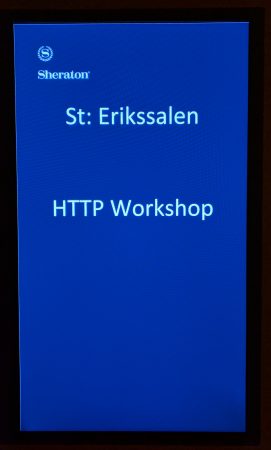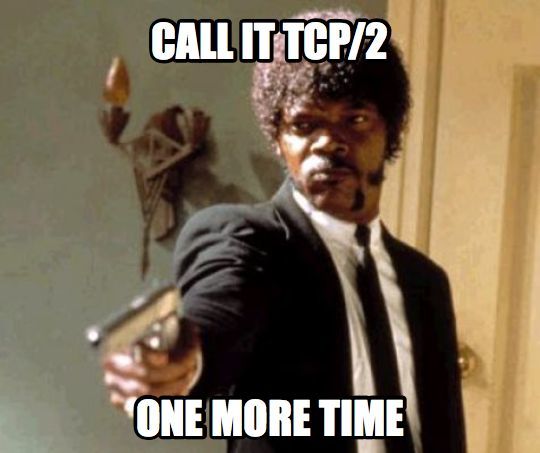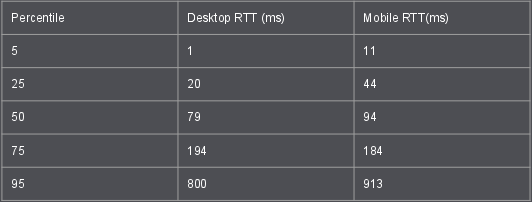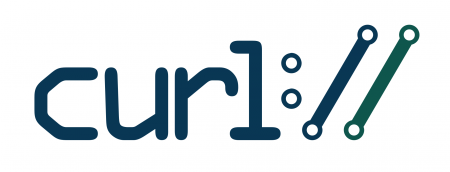 This fine morning started off with some news: Patrick is now our brand new official co-chair of the IETF HTTPbis working group!
This fine morning started off with some news: Patrick is now our brand new official co-chair of the IETF HTTPbis working group!
Subodh then sat down and took us off on a presentation that really triggered a long and lively discussion. “Retry safety extensions” was his name of it but it involved everything from what browsers and HTTP clients do for retrying with no response and went on to also include replaying problems for 0-RTT protocols such as TLS 1.3.
Julian did a short presentation on http headers and his draft for JSON in new headers and we quickly fell down a deep hole of discussions around various formats with ups and downs on them all. The general feeling seems to be that JSON will not be a good idea for headers in spite of a couple of good characteristics, partly because of its handling of duplicate field entries and how it handles or doesn’t handle numerical precision (ie you can send “100” as a monstrously large floating point number).
Mike did a presentation he called “H2 Regrets” in which he covered his work on a draft for support of client certs which was basically forbidden due to h2’s ban of TLS renegotiation, he brought up the idea of extended settings and discussed the lack of special handling dates in HTTP headers (why we send 29 bytes instead of 4). Shows there are improvements to be had in the future too!
Martin talked to us about Blind caching and how the concept of this works. Put very simply: it is a way to make it possible to offer cached content for clients using HTTPS, by storing the data in a 3rd host and pointing out that data to the client. There was a lengthy discussion around this and I think one of the outstanding questions is if this feature is really giving as much value to motivate the rather high cost in complexity…
The list of remaining Lightning Talks had grown to 10 talks and we fired them all off at a five minutes per topic pace. I brought up my intention and hope that we’ll do a QUIC library soon to experiment with. I personally particularly enjoyed EKR’s TLS 1.3 status summary. I heard appreciation from others and I agree with this that the idea to feature lightning talks was really good.
With this, the HTTP Workshop 2016 was officially ended. There will be a survey sent out about this edition and what people want to do for the next/future ones, and there will be some sort of report posted about this event from the organizers, summarizing things.
Attendees numbers
 The companies with most attendees present here were: Mozilla 5, Google 4, Facebook, Akamai and Apple 3.
The companies with most attendees present here were: Mozilla 5, Google 4, Facebook, Akamai and Apple 3.
The attendees were from the following regions of the world: North America 19, Europe 15, Asia/pacific 6.
38 participants were male and 2 female.
23 of us were also at the 2015 workshop, 17 were newcomers.
15 people did lightning talks.
I believe 40 is about as many as you can put in a single room and still have discussions. Going larger will make it harder to make yourself heard as easily and would probably force us to have to switch to smaller groups more and thus not get this sort of great dynamic flow. I’m not saying that we can’t do this smaller or larger, just that it would have to make the event different.
Some final words
I had an awesome few days and I loved all of it. It was a pleasure organizing this and I’m happy that Stockholm showed its best face weather wise during these days. I was also happy to hear that so many people enjoyed their time here in Sweden. The hotel and its facilities, including food and coffee etc worked out smoothly I think with no complaints at all.
Hope to see again on the next HTTP Workshop!

 At 5pm we rounded off another fully featured day at the
At 5pm we rounded off another fully featured day at the 


